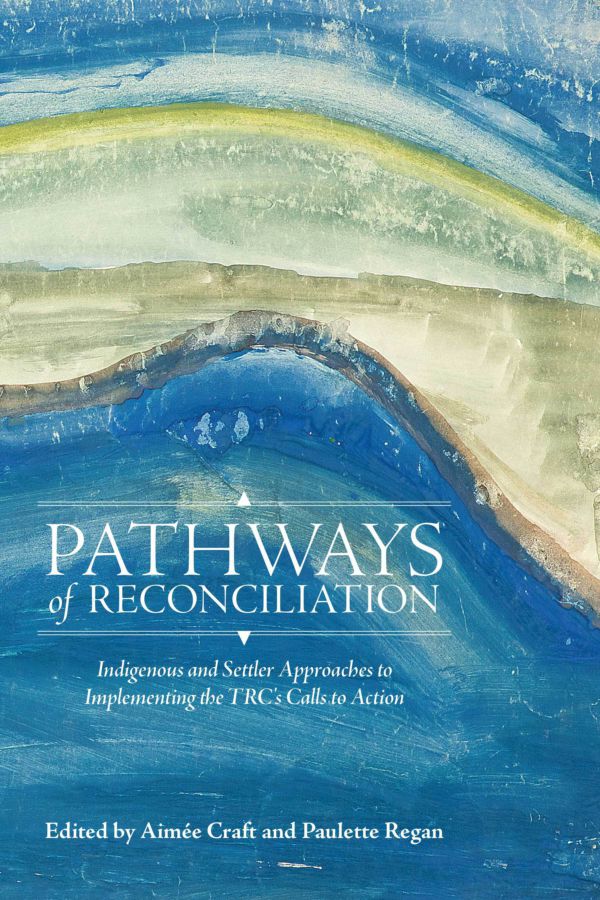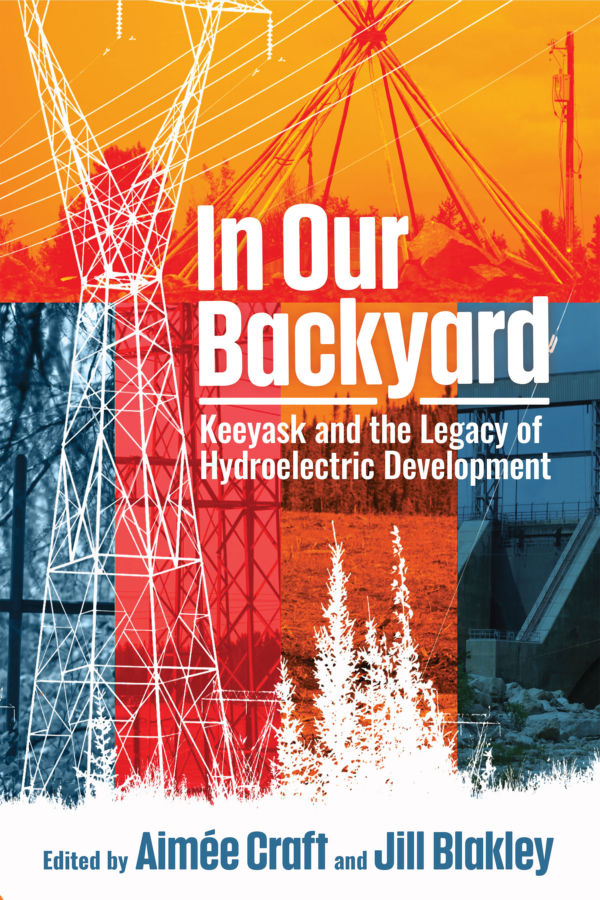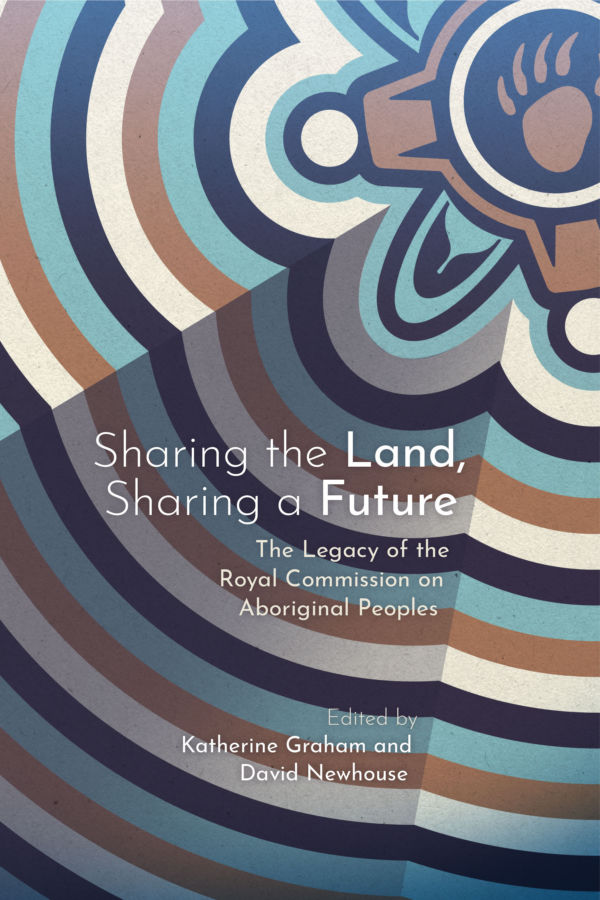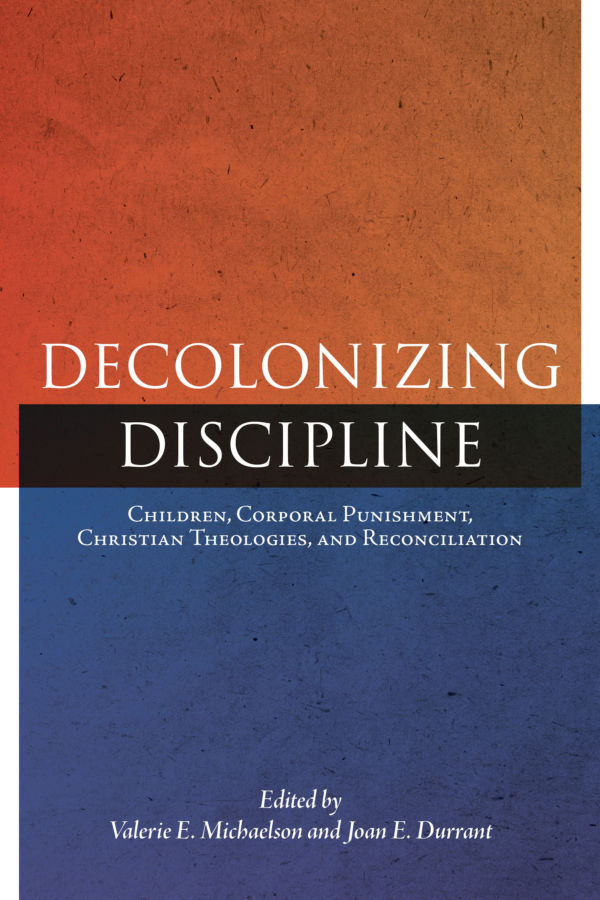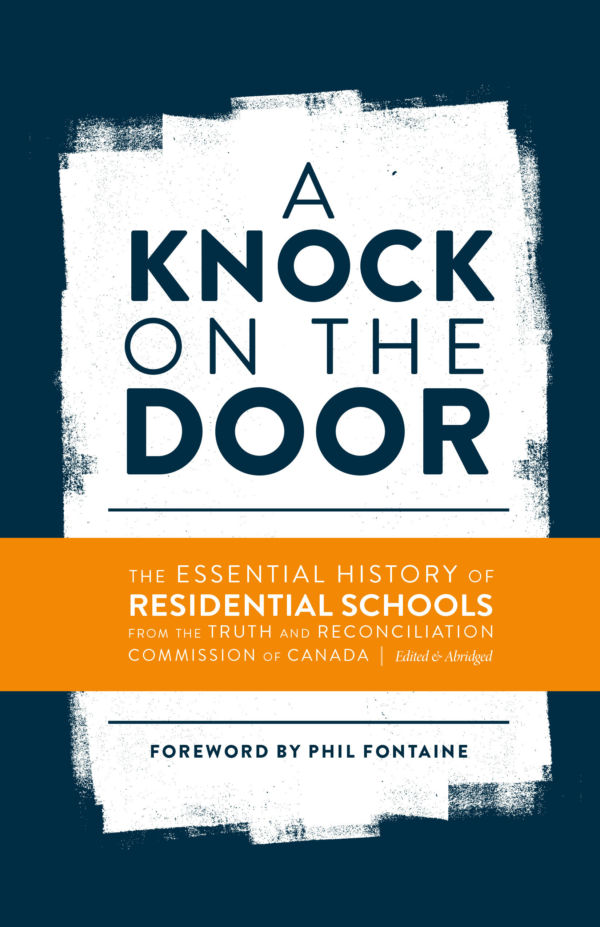Pathways of Reconciliation
Indigenous and Settler Approaches to Implementing the TRC's Calls to Action
Overview
Since the Truth and Reconciliation Commission released its Calls to Action in June 2015, governments, churches, non-profit, professional and community organizations, corporations, schools and universities, clubs and individuals have asked: “How can I/we participate in reconciliation?"
Recognizing that reconciliation is not only an ultimate goal, but a decolonizing process of journeying in ways that embody everyday acts of resistance, resurgence, and solidarity, coupled with renewed commitments to justice, dialogue, and relationship-building, Pathways of Reconciliation helps readers find their way forward.
The essays in Pathways of Reconciliation address the themes of reframing, learning and healing, researching, and living. They engage with different approaches to reconciliation (within a variety of reconciliation frameworks, either explicit or implicit) and illustrate the complexities of the reconciliation process itself. They canvass multiple and varied pathways of reconciliation, from Indigenous and non-Indigenous perspectives, reflecting a diversity of approaches to the mandate given to all Canadians by the TRC with its Calls to Action.
Together the authors—academics, practitioners, students and ordinary citizens—demonstrate the importance of trying and learning from new and creative approaches to thinking about and practicing reconciliation and reflect on what they have learned from their attempts (both successful and less successful) in the process.
Reviews
“Pathways of Reconciliation alerts Canadians to what must be done if we are to seriously embrace the goal of decolonizing relations with Indigenous peoples.”
Peter Russell, Professor Emeritus, Department of Political Science, University of Toronto
"I walk away from this book with a much clearer understanding of reconciliation as a process with UNDRIP as its foundation, and with a deeper knowledge of several 'truths' underpinning Indigenous-settler relations in a variety of Canadian contexts."
Victoria Paraschak, American Review of Canadian Studies
"This volume has something to offer all readers—Indigenous and non-Indigenous—and from every field from natural resources to child and family services, and from healthcare to academia. The lessons that the authors share in this volume can help us all take on the work of meaningful reconciliation."
Richel Donaldson, Canadian Journal of History
"The essays in this book are informative, insightful, and well written. As they outline the scope of what needs to change, their mix of case studies, theoretical reflection, and empirical analyses offers some signs of hope and constructive examples of what can be done. This book deserves to be widely read. It will be useful for academics, community leaders, and educated readers concerned about how to respond to the Truth and Reconciliation Commission of Canada’s Calls to Action."
Don Schweitzer, The University of Toronto Quarterly, Letters in Canada 2020
About the Authors
Other contributors: Peter Bush, Tracey Carr, Brian Chartier, Mary Anne Clarke, Aimée Craft, Rachel (Yacaa?ał) George, Erica Jurgens, Régine Uwibereyeho King, Sheryl Lightfoot, David B. MacDonald, Benjamin Maiangwa, Cody O’Neil, Paulette Regan, Cathy Rocke, John Sinclair, Andrea Walsh, Melanie Zurba
Table of Contents
Introduction
Ch. 1 Paved with Comfortable Intentions: Moving Beyond Liberal Multiculturalism and Civil Rights Frames on the Road to Transformative Reconciliation
Ch. 2 Perceptions on Truth and Reconciliation: Lessons from Gacaca in Post-Genocide Rwanda
Ch. 3 Monitoring That Reconciles: Reflecting on the TRC’s Call for a National Council for Reconciliation
Ch. 4 A Move to Distract: Mobilizing Truth and Reconciliation in Settler Colonial States
Ch. 5 Teaching Truth Before Reconciliation
Ch. 6 “The Honour of Righting a Wrong:” Circles for Reconciliation
Ch. 7 What Does Reconciliation Mean to Newcomers Post-TRC?
Ch. 8 Healing from Residential School Experiences: Support Workers and Elders on Healing and the Role of Mental Health Professionals
Ch. 9 Learning and reconciliation for the collaborative governance of forestland in northwestern Ontario, Canada
Ch. 10 Bending to the Prevailing Wind: How Apology Repetition Helps Speakers and Hearers Walk Together
Ch. 11 How do I reconcile Child and Family Services’ practice of cultural genocide with my own practice as a CFS social worker?
Ch. 12 Repatriation, Reconciliation, and Refiguring Relationships. A Case study of the return of children’s artwork from the Alberni Indian Residential School to Survivors and their families
Conclusion

